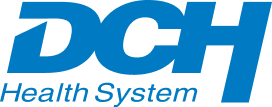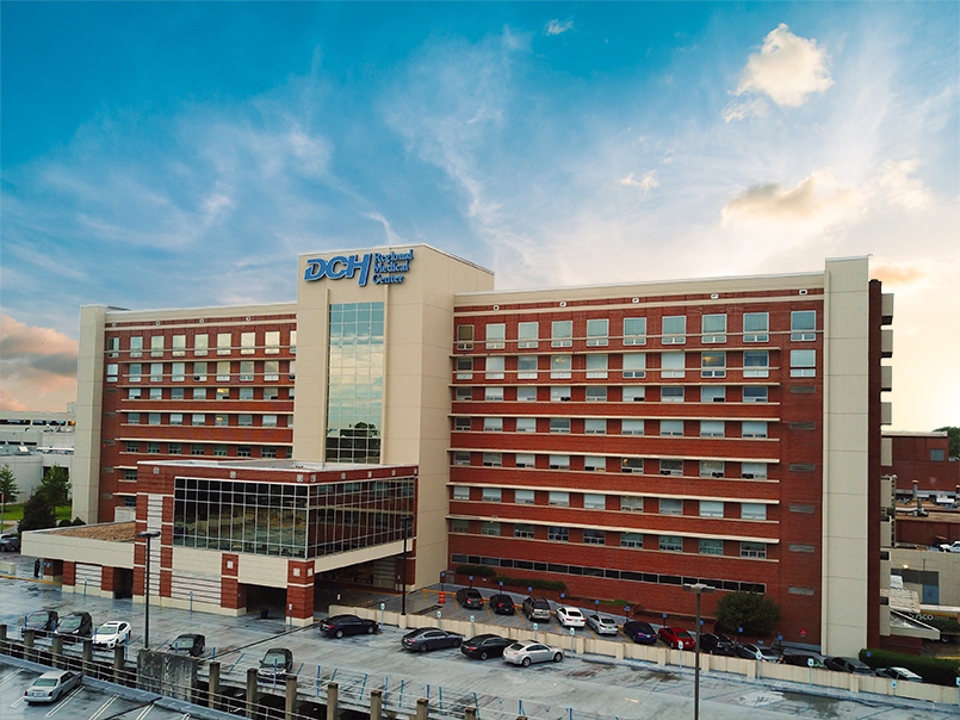
- Services
- Cardiology Services
- Cardiac Rehabilitation
Cardiac Rehabilitation
Get Stronger. Feel Better. Reduce Stress. Live Longer.
Cardiac rehabilitation is a comprehensive, long-term program that involves medical evaluation, prescribed exercise, modifying risk factors, education, counseling, and behavioral interventions. These services help people with heart disease speed up their recovery and return to their regular activities. It can also help reduce the risk of having future heart problems.
Some of the benefits of Cardiac Rehab include:
- Increased energy level
- Better control of angina symptoms
- Reduced total cholesterol -- it increases your HDL (good cholesterol) and decreases your LDL (bad cholesterol)
- Reduced blood pressure
- Improved quality of life
- Reduced risk factors
- Longer life span
- Weight loss
- Improved glucose control
After being discharged from the hospital, ask your cardiologist about participating in a cardiac rehab program. If your cardiologist feels you will benefit from cardiac rehab, your physician’s office will notify the cardiac rehab staff of the referral. A physician referral is required to enroll.
How Does Cardiac Rehab Work?
Cardiac Rehab is divided into 3 phases: Inpatient, Early Outpatient and Maintenance.
- The Inpatient phase starts in the hospital after you have had a heart attack, heart surgery or other heart procedure. You may also get started on new medications. Most importantly, you are educated on your heart problem and start learning how to live a healthier lifestyle.
- The Early Outpatient phase is an exercise and education program that is tailored to your needs and specific risk factors. You will be monitored by a registered nurse and exercise physiologist. A physician will be immediately available for any problems. This phase of the program starts with a referral from your physician. An orientation is set up for you to learn about the program in detail. You will also have a medical and physical assessment before and after rehab. The program meets two to three times per week for 12 to 18 weeks.
- The Maintenance phase is a continuation of your exercise program to help you maintain your new healthy lifestyle. After you’ve learned new healthy habits, you need to maintain them for life to stay as healthy as possible.
The program is covered by most insurance if you have:
- Had a heart attack
- Had coronary artery bypass graft or heart valve surgery
- Been diagnosed with angina within the past year
- Had coronary angioplasty or stenting
The Cardiac Rehab Team
The Cardiac Rehab program involves many health care professionals who provide you with the best care possible. The team may include:
- Physicians (your cardiologist and primary care physician)
- Registered Nurses
- Exercise Physiologists
- Dietitians
- Pharmacists
- Psychologists or other behavioral therapists
Friends and family members are also considered important team members because they can support you as you adjust to a new and healthier lifestyle. They can also learn how to make heart-healthy meals and encourage you to exercise. They may want to learn about your heart problem so they will have a better understanding of how they can support you.
For more information about the Cardiac Rehab program, call DCH Regional Medical Center at 205-333-4194 or Fayette Medical Center at 205- 932-1267.


